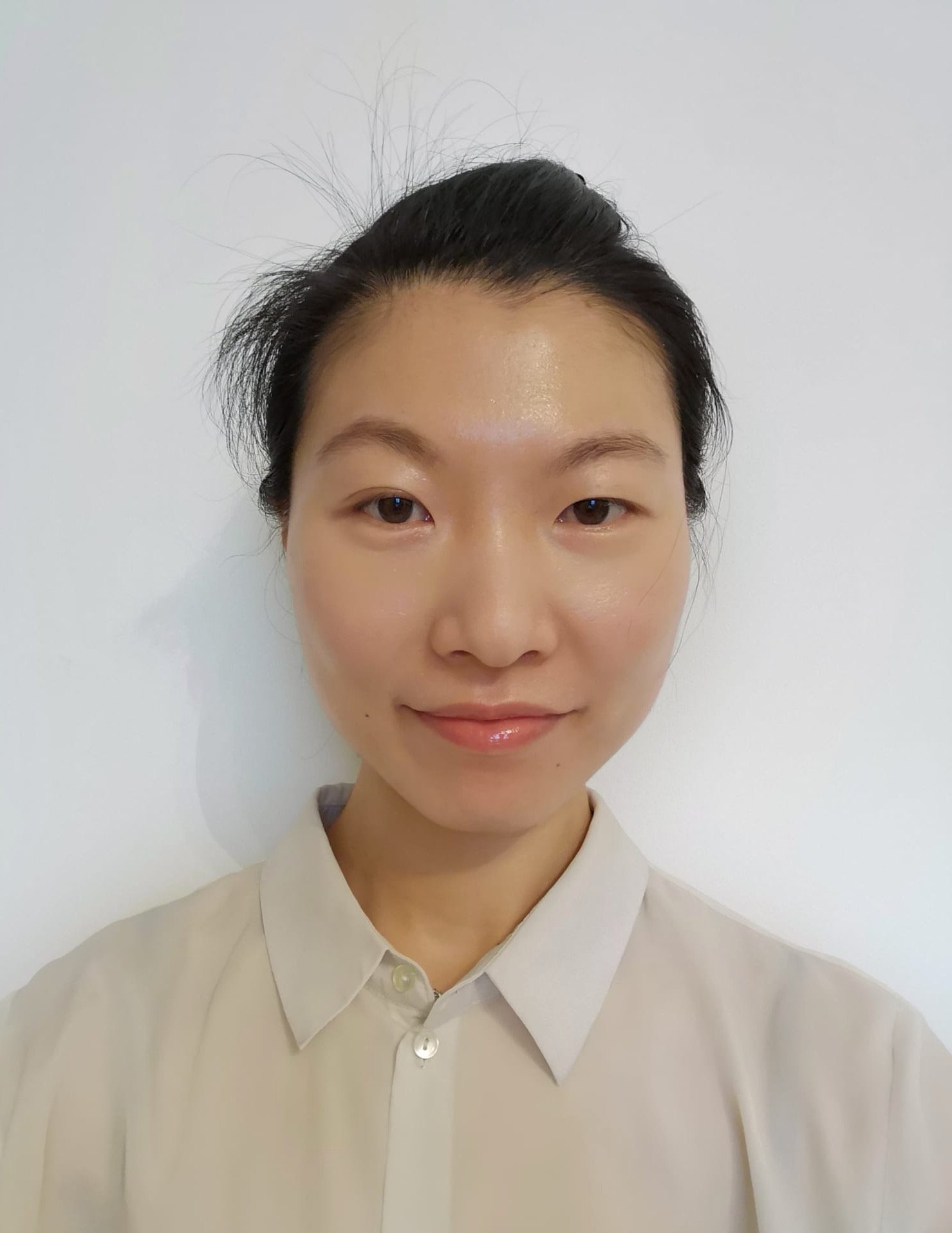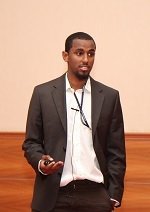Principal Investigator
André Brown
Education
Postdoc (2009 - 2013) MRC LMB, Cambridge
PhD (2004 - 2009) University of Pennsylvania
BSc (Hons) (1999 - 2004) Memorial University of Newfoundland
My education is in physics and I love the interplay between theory and experiment that characterises physicists' approach to science, but at the same time I'm fascinated by the intricacy that you can see at every scale in biology from molecules inside cells to animals interacting in a population. You could call it biophilia.
This is a great time to be doing quantitative biology: we can use sequencing and imaging technologies to produce large datasets that are ripe for quantitative analysis and groups in many fields are using them to address basic questions in physiology, evolution, and behaviour that were inaccessible even a few years ago.
Lab Members
Dr Javier Rodriguez Benitez
Education
PhD (2020) Universitat Politècnica de Catalunya, Spain
BS (2006) Universidad del Norte, Colombia
A biomedical engineer with expertise in advanced signal processing, computer vision, and machine learning techniques, I am dedicated to developing innovative technology and tools within the field of signal processing and data science.
Google Scholar: https://scholar.google.com/citations?user=BnfmtfYAAAAJ&hl
Dr Alan Koh
Education
PhD (2017 – 2020) University of Cambridge, UK
Bsc (Hons) & MBiol (2013 – 2017) University of Leeds, UK
My background is in biochemistry/microbiology, specifically in understanding the interspecies interactions occurring within complex polymicrobial infection scenarios. I have recently gained an interest in C. elegans and the power of quantitative biology for mapping how chemical and genetic perturbation impacts behaviour. As part of the Behavioural Phenomics group, I am using these approaches to model human Mendelian disorders in vivo and conduct large-scale drug screening campaigns. My aim is to apply our knowledge of phenomic space for the high-throughput treatment of genetic disease, and integrate quantitative phenomics into the development of personalised medicine approaches.
Google Scholar: https://scholar.google.com/citations?user=nc0miXQAAAAJ&hl=en
ORCiD: 0000-0002-5529-331X
Dr Xiao-Liu Chu
Education
PhD Physics (2017) Friedrich-Alexander-Universität (Max Planck Institute for the Science of Light)
MSc Physics (2012) University of Cambridge
BSc Physics (2011) Imperial College London
Although my background is in Physics, I am fascinated by the science at the intersection between physics and biology, and am motivated to use numerical and optical techniques to better understand, and ultimately cure, diseases in humans. My work in the Behavioural Phenomics group involves developing a fluorescent approach to imaging C. elegans, enabling tracking on thick bacterial lawns, and thus allowing us to study their behaviour on a range of different conditions.
Dr Weheliye Hashi
Education
PhD (2013) University College London
MEng (2009) King’s College London
I completed an MEng in Mechanical Engineering at King’s College London in 2009 and subsequently undertook a PhD project on “Mixing, Velocity and Turbulence Characteristics of Shaken Bioreactors” at the University College London. I am currently working on developing a Convolutional Neural Network (CNN) to segment worms and graphical models to track the segmented worms.
Saul Moore
Education
MSc (2017) Imperial College London
BSc (2014) Imperial College London
Bonnie Evans
Education
BS (2019) University of Manchester
My background is in microbiology and molecular biology. My work in the lab focuses on the effect of different bacteria on the behaviour of C. elegans, hoping to understand the mechanisms behind host-microbe interactions.
Dr Eleanor Warren
Education
PhD (2020) Royal Holloway University of London
MBiochem (2015) University of Oxford
Having worked with Dictyostelium during my PhD, I am an advocate for the use of model organisms in research, and am really excited by the large-scale screens made possible by C. elegans behavioural phenotyping here at the LMS. I am working with André Brown and Karen Sarkisyan (Synthetic biology lab) to screen venom peptides using C. elegans. Currently we are optimizing an exciting technique for expressing peptides within the worms themselves as an improved means of peptide delivery.
https://scholar.google.com/citations?hl=en&user=RR0qPtsAAAAJ








